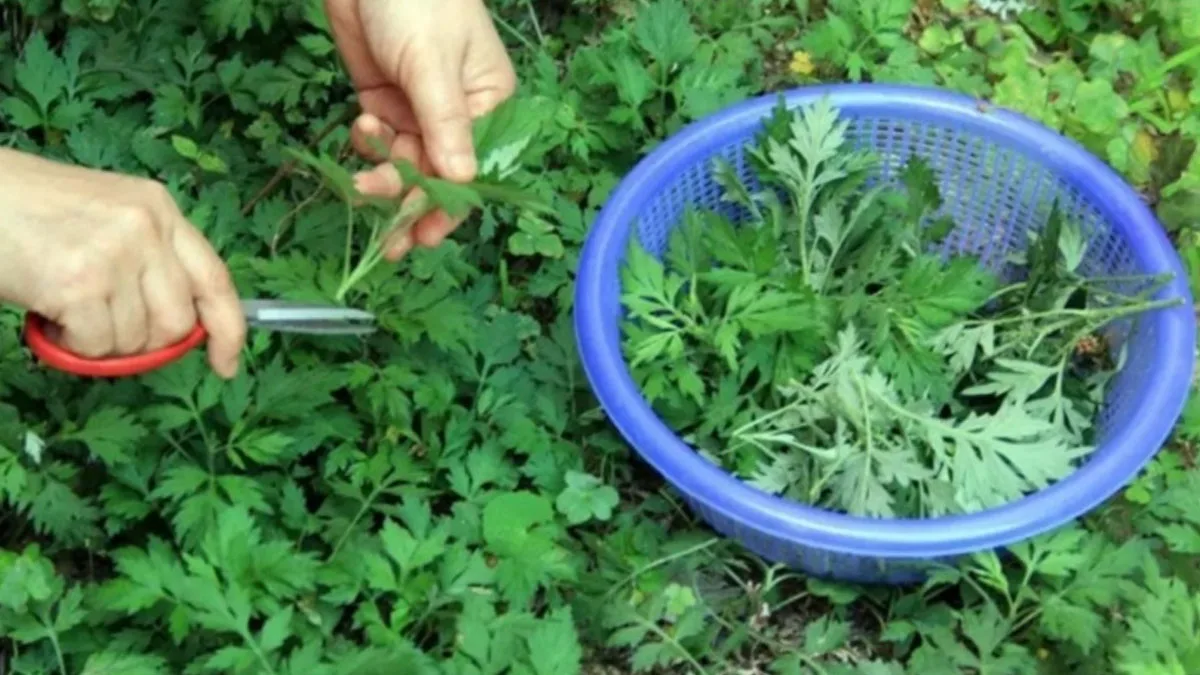Wormwood, a herb known for its bitter taste and use in traditional medicines, has garnered attention not just for its health applications but also for its legality, particularly in the United States. The controversy mainly stems from its use in producing absinthe, an alcoholic beverage that has been subject to historical bans and modern regulations. This article explores the legal status of wormwood in the U.S., focusing on the reasons behind its regulation and the current legal framework.
Historical Context
Wormwood (Artemisia absinthium) is best known as a key ingredient in absinthe, a spirit with a high alcohol content and a distinct green color, often associated with creative and literary figures in the late 19th and early 20th centuries. The concern over wormwood comes from one of its chemical components, thujone, which was believed to cause hallucinations and other mental disturbances, leading to widespread bans on absinthe in the early 1900s.
Historical Ban: “In the early 20th century, absinthe was banned in the United States and much of Europe due to concerns over its safety and its supposed psychoactive effects, largely attributed to the thujone content in wormwood.”
Legal Regulations in the U.S.
The legal status of wormwood in the U.S. has evolved over time, from outright bans to regulated use. The key turning point came with the Food and Drug Administration (FDA) and the Alcohol and Tobacco Tax and Trade Bureau (TTB) outlining specific regulations regarding thujone content in food and beverages.
FDA and TTB Regulations:
“Under current U.S. regulations, beverages and food containing wormwood are legal, provided they contain less than 10 parts per million (ppm) of thujone, ensuring that they are thujone-free by FDA standards.”
These regulations reflect a nuanced understanding of wormwood’s effects, distinguishing between the potential dangers of high thujone concentrations and the relative safety of regulated use.
Misconceptions and Modern Science
Modern scientific research has challenged some of the historical assumptions about wormwood and thujone. Studies have suggested that the psychoactive effects previously attributed to thujone and absinthe were likely exaggerated, with alcohol itself being the primary cause of any adverse effects associated with absinthe consumption.
Scientific Finding: “Recent studies indicate that the levels of thujone in historical and modern absinthe, especially those compliant with current regulations, are too low to cause the hallucinogenic effects historically attributed to the beverage.”
Current Legal Status
Today, wormwood is legal in the United States for use in food and beverages, including absinthe, as long as it complies with thujone content regulations. This marks a significant shift from the early 20th-century bans, allowing for the legal production, sale, and consumption of wormwood-containing products within regulatory limits.
Conclusion
The legality of wormwood in the U.S. is a testament to the evolving understanding of its effects and the regulatory efforts to balance public health concerns with cultural and culinary practices. While once banned due to concerns over its psychoactive properties, modern regulations allow for its use in controlled amounts, reflecting a more informed approach to this historically controversial herb.
References
- Food and Drug Administration, Thujone Regulations: https://www.fda.gov
- Alcohol and Tobacco Tax and Trade Bureau, Absinthe Regulations: https://www.ttb.gov
- Scientific Studies on Thujone and Absinthe: https://www.ncbi.nlm.nih.gov/pubmed









Leave a Reply